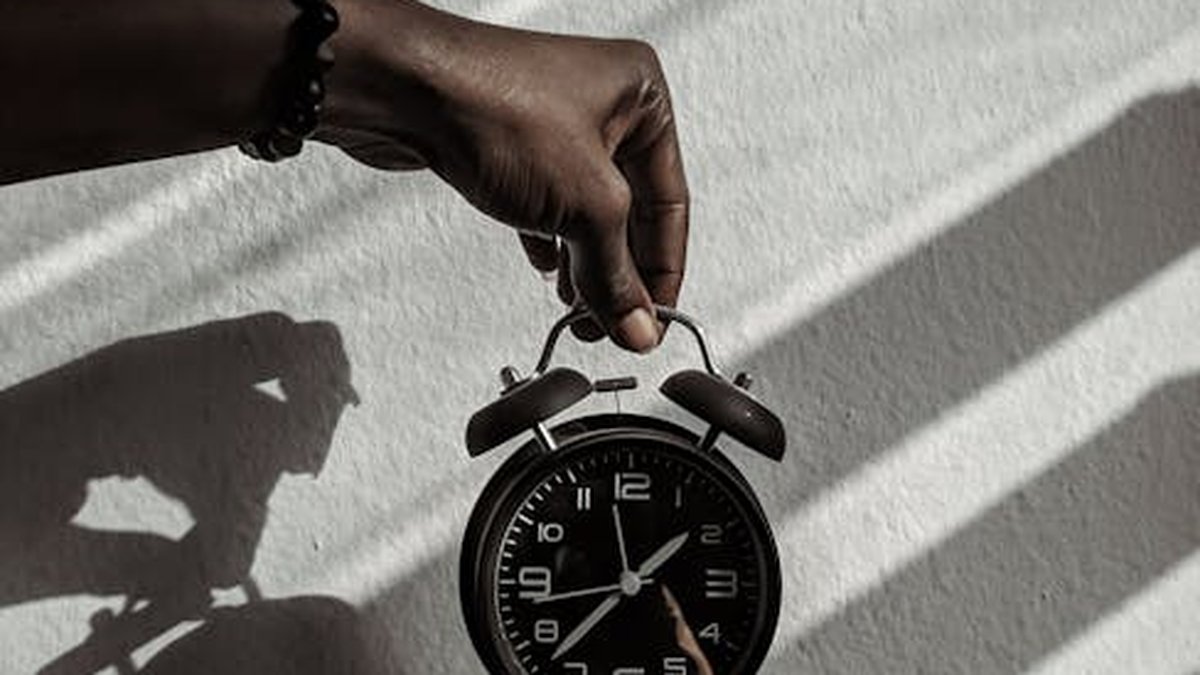Optimizing Sleep for Daylight Saving Time: Adjusting Your Sleep Schedule
Daylight Saving Time (DST) is a bi-annual event that shifts our clocks forward in the spring and backward in the fall. While it may seem like a minor inconvenience, it can significantly disrupt our sleep patterns and overall well-being. This sudden change can lead to fatigue, decreased productivity, and even increased risk of accidents. But don’t worry, with a little planning and some helpful strategies, you can minimize the impact of DST and maintain a healthy sleep schedule.
Understanding the Impact of Daylight Saving Time on Sleep
The disruption caused by DST is primarily due to its effect on our body’s natural sleep-wake cycle, also known as the circadian rhythm. This internal clock regulates various bodily functions, including hormone production, body temperature, and sleep patterns. When DST shifts our clocks forward, we essentially lose an hour of sleep, which can throw our circadian rhythm out of sync.
The Circadian Rhythm and Sleep
Our circadian rhythm is highly sensitive to light exposure. Sunlight helps to regulate the production of melatonin, a hormone that promotes sleepiness. When DST shifts our clocks, it can alter our exposure to sunlight, making it more difficult to fall asleep and wake up at our usual times. This can lead to a feeling of grogginess and disorientation, often referred to as ‘social jetlag’.
Preparing for Daylight Saving Time: A Gradual Approach
The key to minimizing the impact of DST is to gradually adjust your sleep schedule in the days leading up to the change. This allows your body to adapt to the new time without experiencing a sudden shock.
Adjusting Your Bedtime
Start by shifting your bedtime by 15-20 minutes earlier each night for several days before DST. For example, if you usually go to bed at 11:00 PM, try going to bed at 10:45 PM on the first night, then 10:30 PM the next night, and so on. This gradual adjustment will help your body acclimate to the earlier wake-up time.
Adjusting Your Wake-Up Time
Similarly, adjust your wake-up time by 15-20 minutes earlier each morning. This will help you feel more alert and energized when DST arrives. Consider using a sunrise alarm clock, which gradually increases the light intensity in your room, mimicking the natural sunrise and making it easier to wake up.
Optimizing Your Sleep Environment
Creating a conducive sleep environment is crucial for minimizing the impact of DST and promoting restful sleep. Here are some tips to optimize your sleep environment:
- Keep your bedroom dark, quiet, and cool: Darkness promotes the production of melatonin, while a cool temperature helps you fall asleep faster. Use blackout curtains, earplugs, or a white noise machine to minimize distractions.
- Establish a relaxing bedtime routine: Engage in calming activities such as reading, taking a warm bath, or listening to soothing music before bed. Avoid screen time at least an hour before bed, as the blue light emitted from electronic devices can interfere with melatonin production.
- Maintain a consistent sleep schedule: Even on weekends, try to go to bed and wake up around the same time to regulate your circadian rhythm.
Lifestyle Adjustments for Better Sleep During DST
In addition to adjusting your sleep schedule and optimizing your sleep environment, certain lifestyle adjustments can also help you cope with DST.
Managing Light Exposure
Light exposure plays a critical role in regulating your circadian rhythm. Here’s how to manage it effectively during DST:
- Get morning sunlight: Expose yourself to bright sunlight in the morning to help reset your circadian rhythm. Even a short walk outside can make a difference.
- Limit evening light exposure: Avoid bright lights and electronic devices in the evening, especially in the hours leading up to bedtime. If you must use electronic devices, consider using blue light filters or wearing blue light blocking glasses.
Diet and Exercise
Your diet and exercise habits can also impact your sleep quality. Consider these tips:
- Avoid caffeine and alcohol before bed: These substances can interfere with your sleep cycle.
- Eat a balanced diet: A healthy diet can promote overall well-being and improve sleep quality.
- Exercise regularly: Regular physical activity can help you fall asleep faster and sleep more deeply. However, avoid exercising too close to bedtime, as it can be stimulating.
Seeking Professional Help
If you continue to experience significant sleep problems after DST, despite implementing these strategies, it’s essential to seek professional help. A sleep specialist can evaluate your sleep patterns and recommend appropriate treatments, such as cognitive behavioral therapy for insomnia (CBT-I) or medication.
Daylight Saving Time doesn’t have to be a dreaded event. By understanding its impact on your sleep and implementing these strategies, you can minimize its disruptive effects and maintain a healthy sleep schedule. Remember, a gradual approach, a conducive sleep environment, and healthy lifestyle habits are key to adapting to DST and enjoying restful sleep year-round. Prioritize your sleep, and your body will thank you!






